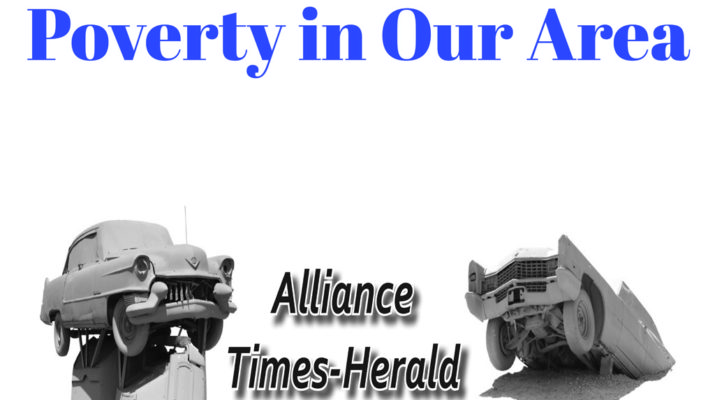Language use is a critical component of relationships, success in school and work, and survival in our society. People in poverty, especially emotional poverty, often have difficulty negotiating different situations because of the language barriers they face.
The voice we use affects our ability to communicate. The Bridges Out of Poverty materials identify three voices: the child voice, the parent voice, and the adult voice. Each voice has positive and negative versions, and we all use each of them at some point. The goal is to move people, especially those who work in agencies, schools, or government, to a positive adult voice. The secondary goal is to teach clients how to use the adult voice to advocate for their needs and to resolve conflicts.
The child voice can be playful, spontaneous, and curious. However, it can also be whining, defensive, emotional, or victimized. When conflicts occur, we see strongly negative nonverbal behavior like tantrums or physical aggression. If you are hearing phrases like “You don’t love me,” “I hate you,” “___ made me do it,” “It’s your fault,” “You’re ugly,” then you are hearing the child voice. These phrases are based on conflict, emotion, and attempts to manipulate.
The parent voice can be authoritative, firm, calm, and supportive. However, it can also be judgmental, demanding, punitive, or blaming. Comments might include “That’s stupid,” “Why can’t you be like ___?” “Life’s not fair,” “If you weren’t so ___, then this wouldn’t have happened,” “Because I said so,” “You are worthless” – or good, or beautiful, or bad – or any judgmental comment. The parent voice is usually loving and supportive. But during conflicts these kinds of phrases create barriers and make it difficult to work through problems. They can be accompanied by physical actions that are meant to be punitive.
The adult voice is non-judgmental, factual, and free of negative nonverbals; but it is often seen as being uncaring or unempathetic. The adult voice involves asking questions in order to reach a win-win situation. “What are the choices/options we have?” “How can we resolve this problem?” “I am comfortable/uncomfortable with ___.” “This is the consequence of that action.” You might even hear “We’ll have to agree to disagree.”
In dysfunctional families or relationships, there are often only two voices: the negative child voice and the negative parent voice.
In work situations, supervisors who talk to other adults using the negative parent voice create morale problems and decrease productivity. Employees, especially those experiencing poverty, often quit.
Conflict resolution requires that we use the adult voice and formal register. We ask questions for understanding. And we focus on the issue and not the person.
Our agencies, schools, businesses, and offices tend to use the parent voice. We often want to control the situation and make demands, and we are frequently judgmental. In the Bridges Out of Poverty program that will be held in Alliance on June 9, we will learn more about how to achieve a well-developed adult voice.
Bridges Out of Poverty programs are designed to help professionals and communities develop strategies for dealing with the issues that separate social and economic classes, like the issues of language. Bridges Out of Poverty programs have transformed schools, agencies, and communities throughout America.
Bridges: Community Lens will be held in the Alliance High School commons area on Thursday, June 9, 9-3. The workshop will help community sectors in planning how to better meet the needs of those in poverty.
Register at panhandlepartnership.com/events. Your $45 registration fee includes refreshments and lunch. If you are requesting a scholarship or paying for a group of people, please email connor.wilburn@panhandlepartnership.com and ask Connor to handle your registration.
Please join us as we work to apply this research in our area.

